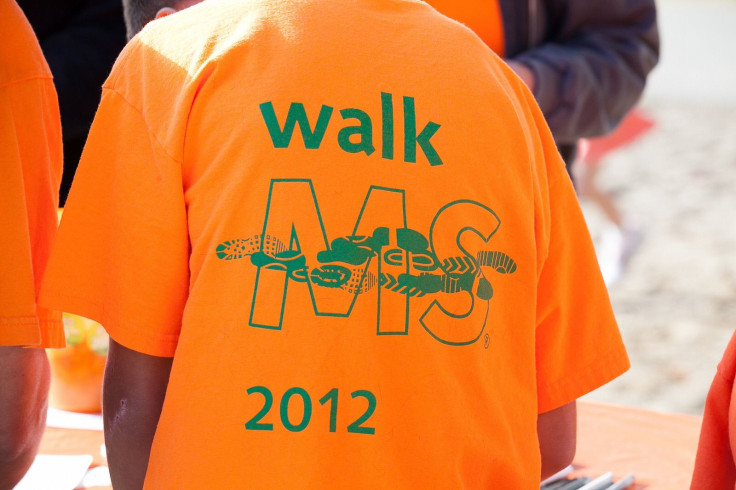For People With Multiple Sclerosis, Building Confidence Improves Health, Quality Of Life

Multiple sclerosis (MS) is a debilitating disease of the central nervous system, marked by a variety of symptoms that range from extreme fatigue to problems with balance and memory. In social settings, the latter can hamper an individual’s confidence, which researchers are finding is a significant indicator of their overall health and happiness.
Researchers from Case Western Reserve University's Frances Payne Bolton School of Nursing are among the first to study what makes MS patients happy — the details of their work can be found in the Journal of Rehabilitation Medicine. They asked 335 people who had been living with MS for about 15 years to rank the activities most important to them. These activities were reported to be “getting out and about, spending time with family and friends, managing bills and expenses, and participating in clubs and civic and political events.”
By finding out what people with MS enjoy doing, or who they enjoy visiting, researchers could narrow down what was keeping them from engaging in their favorite activities, as well as with others. The results revealed that “struggling with impairments, like MS fatigue and cognitive and walking problems… inadequate social support and transportation issues… impede a person’s confidence.” Lack of confidence also influences how well people with MS manage their symptoms.
Put another way: physical impairments, lacking support, and environmental factors act as barriers between those with MS and health and happiness. Researchers explained that not being able to overcome these barriers could possibly lead to secondary symptoms, “like depression, deconditioning from lack of exercise, and poor nutrition or eating choices that may result in obesity or diabetes.”
The National MS Society reports that “disease-modifying therapy is currently the best way to reduce MS disease activity and improve quality of life.” It includes medications that can “lessen the frequency and severity of MS attacks, reduce the accumulation of lesions (areas of damage) in the brain," and possibly slow the progression of disability.
Yet, this study suggests it would be beneficial to people if treatments also focus on their mental health, too. Matthew Plow, the study’s lead author, said in a press release that it would be worthwhile to test an intervention designed to boost people's confidence levels, which may equip them to make any changes and learn new skills in order to engage more with their community.
Source: Plow M, et al. Correlates of Participation in Meaningful Activities Among People with Multiple Sclerosis. Journal of Rehabilitation Medicine, July 2015



























